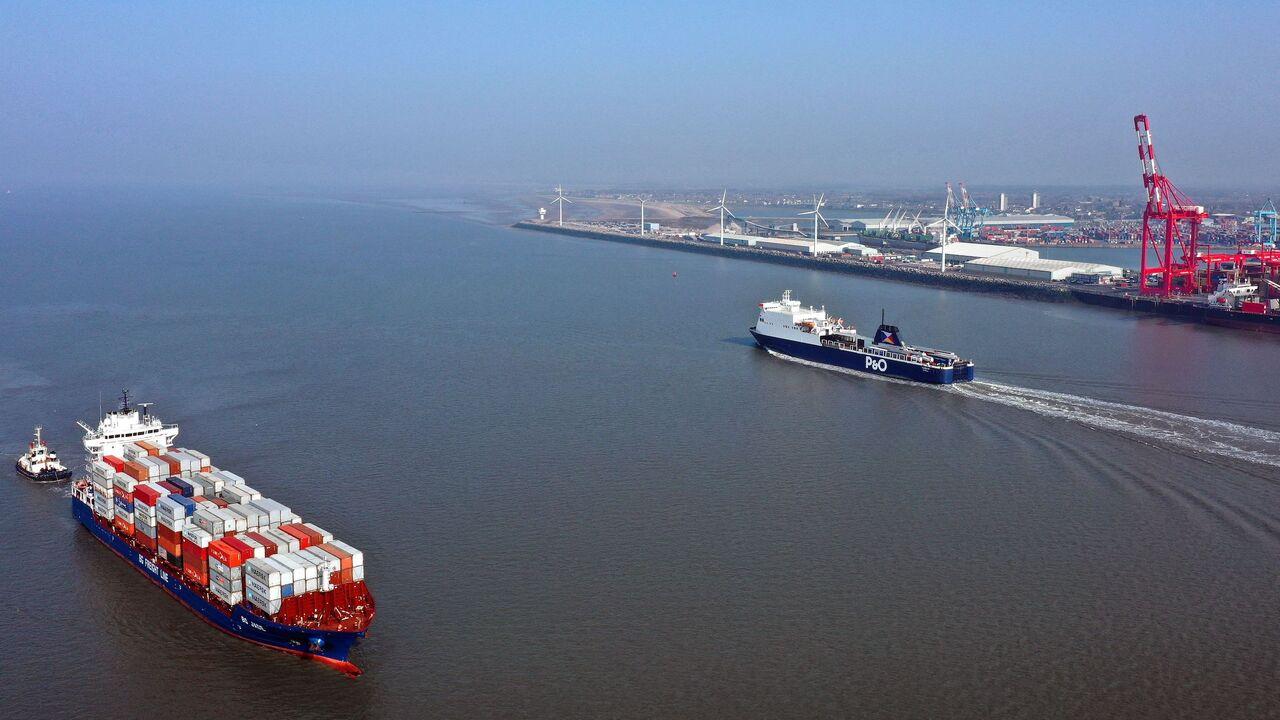
Business insolvencies in Türkiye are expected to continue their high-speed increase in 2025, while global business failures are projected to rise 6%, according to an Insolvency report from Allianz Trade released on Tuesday (Oct. 21).
The Allianz Trade reportedly notes that in Türkiye, concordat agreements are twice as common as bankruptcies. The growth rate of company insolvencies in Türkiye is forecast to slow from 2026 onward.
Globally, Allianz Trade forecasts business insolvencies will increase by 6% in 2025 and 5% in 2026, marking a fifth consecutive rise. This follows a 10% increase in 2024.
The 2025 levels are projected to be the highest since 2019 and stand 19% above pre-pandemic averages, according to the report. A modest global decline of 1% is expected in 2027.

In the UK, 27,650 businesses are expected to become insolvent in 2025. This figure remains just shy of the 12-year record of 28,100 cases set in 2024.
UK insolvencies are forecast to plateau at 31% above pre-pandemic levels through 2024 and 2025.
"Higher costs, wages and taxes dragging on business’ resources are a major driver of these insolvencies," said Maxime Darmet, Senior Economist for the UK, France and U.S. at Allianz Trade. "Cutting National Insurance Contributions (NICs) for employers would be impactful."
Allianz Trade forecasts UK insolvencies will decline to 25,900 in 2026 and 24,500 in 2027. These figures remain 26% and 20% higher than pre-pandemic norms, respectively.
UK manufacturing, wholesale and agriculture continue to see rising insolvency numbers, while sectors like hospitality and construction remain at historically high levels.

Allianz Trade raised its 2026 global insolvency forecast from a 3% to a 5% rise, citing increasing non-payment risks.
“As mitigation strategies wear thin and secondary effects kick in, the trade war’s effects could soon test corporates’ resilience,” said Aylin Somersan Coqui, CEO of Allianz Trade. “Risks of domino effects... are increasing too.”
The report identified three critical vulnerability factors: weak economic growth in the U.S. and Eurozone, tight financing conditions, and sector-specific weaknesses, particularly in construction and automotive.
The impact of tariffs, such as the Trump administration's duties reaching an effective 14%, could be delayed to 2026, according to the report.
"Export-driven economies are expected to see rising insolvencies," said Maxime Lemerle, Lead Analyst for Insolvency Research at Allianz Trade. Lemerle stated that while the U.S. has been protected, Canada could see an additional 1,900 insolvent companies, France 6,000 and Spain 2,900.
The report also warned that a potential burst of the AI boom could fuel further risk.
"We estimate that an end to the AI-induced boom, a shock similar to the dotcom bubble, could lead to an extra +4,500 insolvent companies in the U.S.... and +1,100 in the UK," said Ano Kuhanathan, Head of Corporate Research at Allianz Trade.